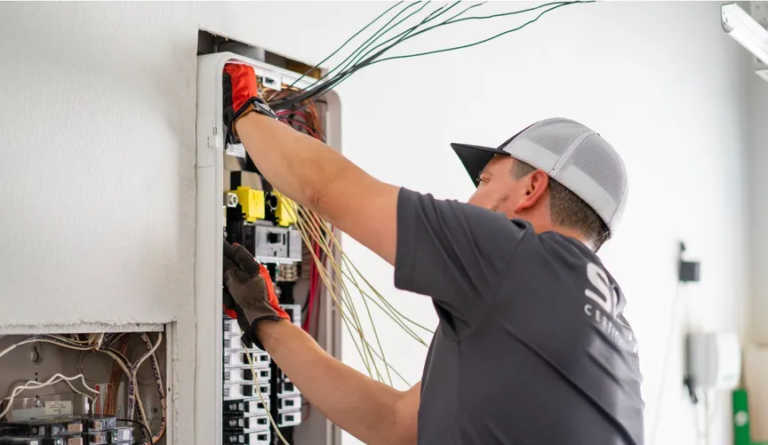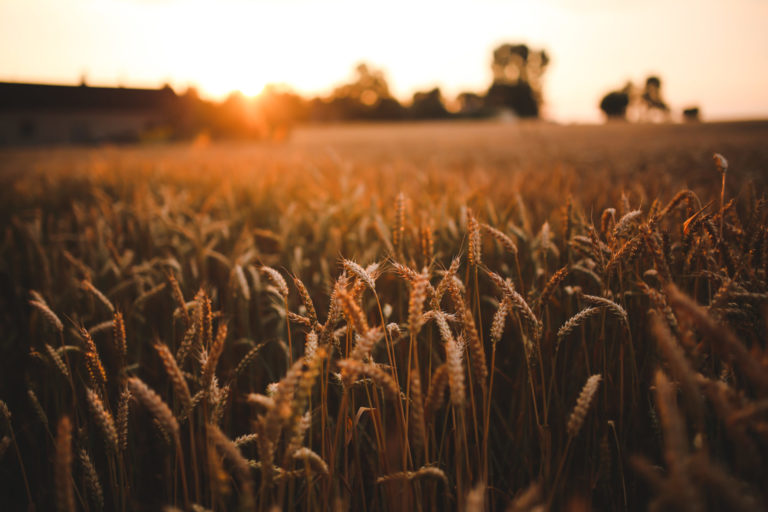July 28, 2022
By Scott Hinson, Pecan Street
Note: This post is a companion to a blog written by Scott Hinson and Steve Mock for our partners at the Patrick J. McGovern Foundation. For a deep dive, please see that original Medium post.
Pecan Street’s Digital Dirt initiative was designed to accelerate the development of cost-effective ways to predict how land management practices can increase soil organic carbon, a promising climate solution.
The next generation of high-tech sensors will surely be part of the solution, but they a still far from being something most producers can use to obtain accurate results. We see significant near-term potential for simulation models to fill this gap.
To realize this potential, we need to accelerate the development of the benchmark datasets that farms and ranches will need to calibrate models. Unfortunately, most carbon market activity in the agricultural sectors has centered on industrial-scale corn, wheat, soybeans, and other row crops. We run the risk of leaving behind small to mid-sized farms, many of which grow a mix of vegetables, fruits, other specialty crops, and livestock. These producers may find it particularly challenging to access relevant benchmark data, and in many cases, the crop modules needed for their unique situation may not yet exist.
Pecan Street was selected to participate in the Patrick J. McGovern Foundation (PJMF) Accelerator program. Our project will use artificial intelligence and machine learning (AI/ML) techniques to conduct a sensitivity analysis of one of the most common agricultural models used to predict carbon soil sequestration. Our goal is to fuel solutions that can be tailored to the measurement and verification needs of small to midsize farms and ranches. This is especially important for enabling racial and gender equity in emerging markets.
For a deep dive into our experiment in AWS, please read a guest blog we published for our partners at the Patrick J. McGovern Foundation. It describes the way our data team set up Docker containers and other services to run our experiment on Sagemaker. We are thrilled to have the foundation’s support as we learn to use big data tools in new ways to advance our mission.
One of the discoveries that has our team most excited is the potential of using an artificial neural network (ANN) to create a surrogate model that can reduce processing time by orders of magnitude. We are developing an experiment that will build off research conducted and sent to us by Dr. Trung Nguyen. More model runs translate into better characterization of the acceptable ranges for crop, soil, weather, land management, and other data inputs. It will provide clarity around which variables really need to be measured through expensive in-field data collection vs. which gaps might be filled through other means such as remote sensing, proxy data, and synthetic data
This creates greater trust in the accuracy of model outputs soil carbon measurement that we hope translates into a boost for the rural agrarian economy.

















